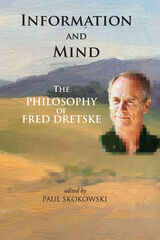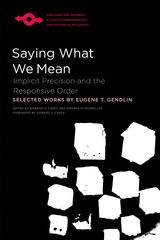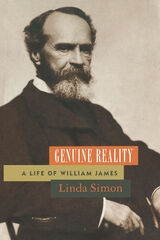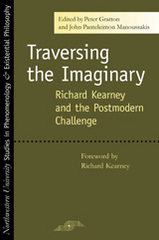Essays in Radical Empiricism
Harvard University Press, 1976
Cloth: 978-0-674-26717-6
Library of Congress Classification B945.J23E7 1976
Dewey Decimal Classification 191
Cloth: 978-0-674-26717-6
Library of Congress Classification B945.J23E7 1976
Dewey Decimal Classification 191
ABOUT THIS BOOK
ABOUT THIS BOOK
A pioneer in early studies of the human mind and founder of that peculiarly American philosophy called Pragmatism, William James remains America's most widely read philosopher. Generations of students have been drawn to his lucid presentations of philosophical problems. His works, now being made available for the first time in a definitive edition, have a permanent place in American letters and a continuing influence in philosophy and psychology.The essays gathered in the posthumously published Essays in Radical Empiricism formulate ideas that had brewed in James's mind for thirty years as he sought a way out of the philosophical dilemmas generated by the new psychology of the late nineteenth century. They constitute the explanatory core of his doctrine of radical empiricism, a doctrine that charts his course between the absolute idealism he could not accept and, at the other extreme, the law of associationism, which reduces knowledge to sheer contiguity of ideas. In his introduction John J. McDermott describes the historical background and the genesis of James's theory and considers the objections raised by its opponents.
See other books on: Experience | James, William | Philosophy, Modern | Pragmatism | Skrupskelis, Ignas K.
See other titles from Harvard University Press
























